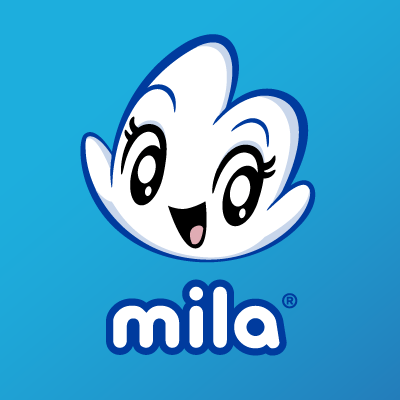
Swiss IT company coresystems ag has launched a free mobile app that promises to help small companies build their online presence and identify sales leads on social media platforms.
Dubbed Mila, the app, available for both Android and iOS devices, lets small business owners build an online store quickly, manage contacts and sales leads, as well as generate invoices and receipts.
Besides easing the process of creating an online presence for small companies, Mila also searches for potential customers on Twitter using its own semantic analysis engine.
For now, semantic analysis is done based on product categories selected by a user when a new account is created. The app will be enhanced in future to include keywords derived directly from product listings.
Mila also includes templates for creating invoices that can sent to customers as e-mail messages or PDF files. It also generates receipts and sends payment alerts to customers.
Since full-fledged e-commerce and CRM (customer relationship management) systems are mostly out of reach to small businesses, apps such as Mila will go a long way to help small brick-and-mortar retailers plug into the digital economy.
As a free app, Mila has some limitations: online stores only come with a single design template.
Plus, the URL for each online store ends with a string of alphanumeric characters. Because Mila does not support custom domain names, it is nearly impossible for companies to publicise their online stores on business cards and marketing collaterals.
Mila will first be available in seven languages, with more languages to follow.
In key markets, Mila will also be available from the app stores of telcos such as Swisscom in Switzerland, XL Axiata in Indonesia and China Unicom in China.
Mila business development manager Yann Staehli told Techgoondu that a premium version with additional shopfront templates is in the works.
Premium users will also be able to export data to Excel files, get more sales leads and attain better search engine visibility.





A quick correction, Mila already takes into account the products created by the company when generating business leads out of the social media. The next version, however, will enable users to annotate their product descriptions with controlled vocabulary terms (from LInked Open Data vocabularies) to improve the precision of generated leads.
Hi, I presume you’re a representative of Mila, We did say that semantic analysis is already done based on product categories selected by a user when a new account is created. But thanks for clarifying that users can annotate their product descriptions with terms from LOD ontologies in future.
Quick question: since the products that users put up are going to be very diverse, which LOD vocabularies would Mila be proposing?
Yes, I am responsible for anything that falls under the “Web 3.0” in Mila.
At the moment we use vocabularies listed at http://www.openvocabulary.info/, including WordNet 2.0, OpenThesaurus-DE (we produced LOD version of it), Thompson-Reuters Business Classification (also turned into LOD by us).
By improving semantic analysis support for other languages, such as French or Italian, we will be rolling out other WordNet-like thesauri (in SKOS/RDF/LOD), and Mila users will be able to pick up terms from them.
Mila will also suggest some terms based on similar analyses we do on the tweets, but users will have an option to update these suggestion. We also have support for key phrases and locations which are matched against LOD vocabularies like DBPedia(s) and geonames but it’s not included in the current version of Mila yet.